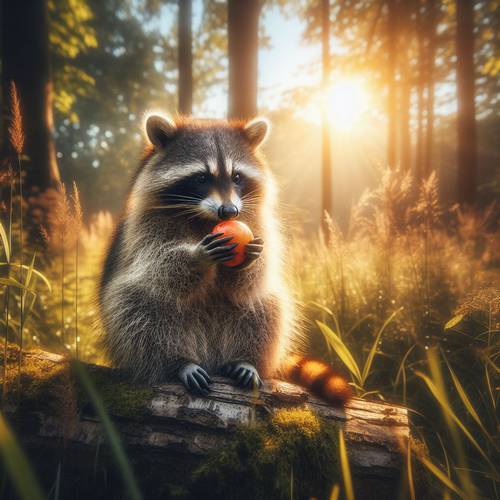Raccoon's Varied Diet
Raccoons have a remarkably diverse diet, showcasing their omnivorous nature. Their food preferences range from fruits, nuts, and vegetables to small mammals, insects, and even human leftovers. In spring and summer, raccoons indulge in fresh produce and protein-rich meals, while fall and winter witness a shift towards more carbohydrate-heavy foods like grains and nuts. This seasonal adaptation helps them survive harsh conditions and maintain energy levels. Interestingly, their diet influences behavior patterns, such as increased scavenging during food scarcity. Understanding raccoons' varied diet offers insights into their adaptability and survival strategies in the wild.



